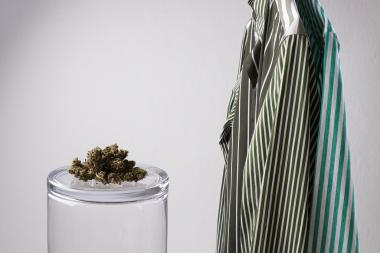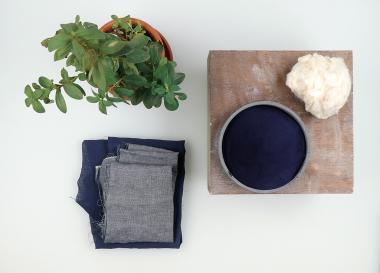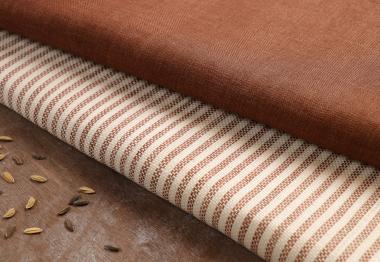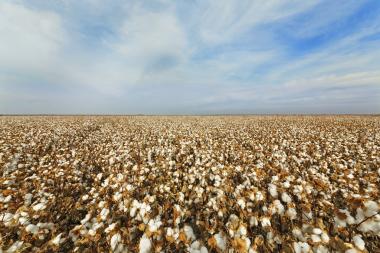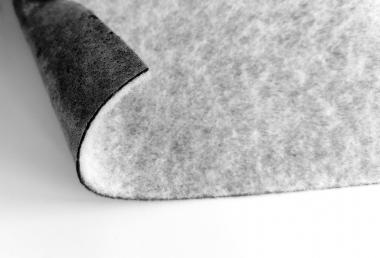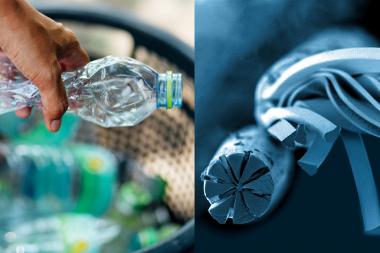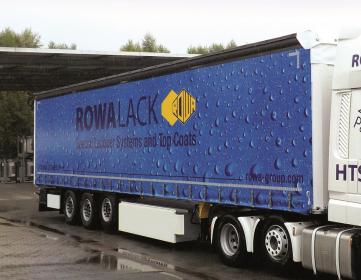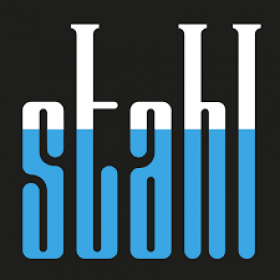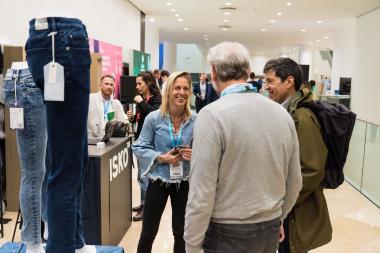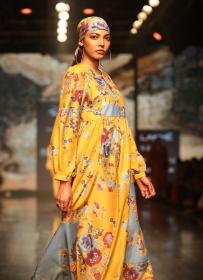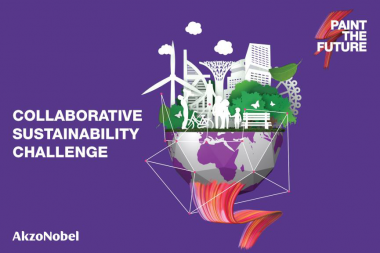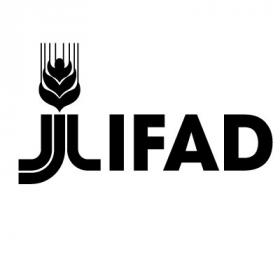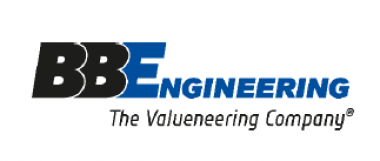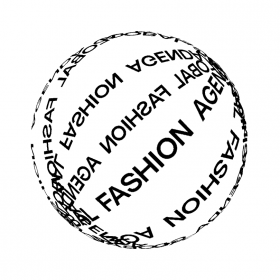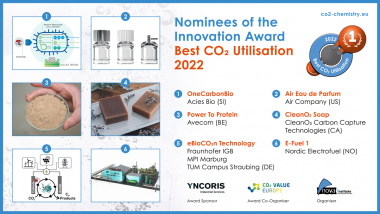ANDRITZ at WOW 2022
International technology group ANDRITZ will be presenting its innovative nonwovens production solutions for wipe applications at the international World of Wipes (WOW) 2022 conference in Chicago, USA, from June 27 to 29, 2022.
ANDRITZ’s “We Care” sustainability program combines all ESG (Environment, Social, Governance) initiatives, goals, and achievements under one roof. For many years now, ANDRITZ has been offering various nonwoven processes to produce best and cost-effective wipes, for example spunlace, Wetlace and Wetlace CP. ANDRITZ also accompanies nonwovens producers in the move towards sustainability with the aim of reducing or eliminating plastic components while maintaining the high quality of the desired product properties. This applies to all types of sustainable wipes, such as flushable, biodegradable, bio-sourced, carded-pulp or standard carded wipes. Indeed, hydroentanglement has the advantage of being able to bond any kind of fibers without the use of chemical binders or thermal fusion.
The latest development in this field is the ANDRITZ neXline wetlace CP line, which integrates the card-pulp (CP) process. This is a fully engineered production line combining the benefits of drylaid and wetlaid technologies to produce a new generation of biodegradable wipes.
ANDRITZ has become a member of the board of the Responsible Flushing Alliance (RFA) in the USA. The RFA is an independent, non-profit trade association committed to educating consumers in responsible and smart flushing habits to help reduce damage to the nation's sewage systems. ANDRITZ is deeply involved in this topic with its technologies for 100% dispersible and biodegradable wet wipes and is highly committed to being part of the RFA.
Andritz AG












